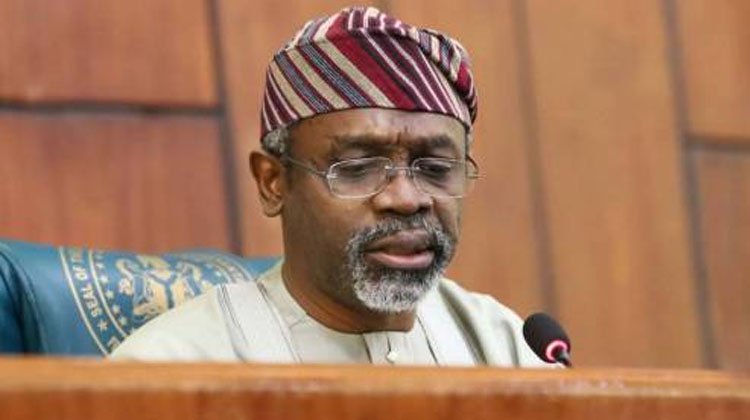
The Speaker of the House of Representatives, Femi Gbajabiamila, has asked the Revenue Mobilisation Allocation and Fiscal Commission to explain the much-criticised remuneration and welfare package of members of the National Assembly to Nigerians.
Gbajabiamila particularly urged the RMAFC to enlighten critics on the distinction between the salaries and allowances of legislators. According to him, the controversy over the pay of lawmakers and the unending debates over it is caused by the lumping together of the salaries and allowances.
The Speaker stated that allowances are tied to sundry duties or work of the office of a lawmaker like maintaining a constituency office, while the salary is the actual pay he earns as a legislator.
He said, “You need to explain to the public the difference between salary and allowances. A lot of people lump them together and call them our take-home package. Salary is different and allowances are meant for many other issues. This explanation should be part of what you are working on right now regarding the judiciary and political office holders.”
Gbajabiamila said this on Thursday in Abuja when a delegation from the RMAFC led by the Chairman, Mohammed Shehu, visited his office at the National Assembly, according to a statement issued by the Special Adviser to the Speaker on Media and Publicity, Lanre Lasisi.
The statement was titled ‘Revenue: Gbajabiamila Assures RMAFC of House’s Support for Efficient Mobilisation, Allocation…Speaker Asks Agency to Explain Salary, Allowances of Legislators to Public.’
The Speaker assured the RMAFC of the legislature’s support towards strengthening the delivery of its core mandate of mobilising revenue for the government. He stated that since no country could go far in terms of development without revenue, it was the priority of the House to ensure that the RMAFC performed its duties optimally.
Gbajabiamila cited the ongoing amendment of the 1999 Constitution and other relevant laws to not only strengthen RMAFC but also expand the scope of revenue available to the three tiers of government as an example.
He said, “It is revenue that takes a country from point to point. For any country that wants to grow, revenue is key to nation-building. That is why RMAFC is an essential component of the government in this country.”
The Speaker added that the National Assembly made a lot of amendments in the ongoing Constitution review to improve the work of the RMAFC, including new allocations to tiers of government. He, however, noted that much of the new changes depended on how soon the 36 states voted on the amendments now pending before them.
Gbajabiamila noted that everyone, including the President, Major General Muhammadu Buhari (retd.), was waiting for the states to turn in their report on the amendments before any further actions could be taken by the government.
He said, “There are issues about the exclusive and concurrent lists, which you mentioned; how we are going to allocate revenue and all that. Well, it’s before the states and we are waiting for them. We will put pressure on them and ensure we achieve it. Mr President has said that it is the only thing he is waiting for.”
Gbajabiamila, who advised the RMAFC to build a central monitoring platform to monitor revenue movements in all government revenue-generating agencies, asked the commission to submit a detailed proposal on its needs to enable the House to work on it speedily.
Shehu earlier appealed to the Speaker to do all within his good office to ensure that a new constitution and other legislation that could help RMAFC perform better were concluded timely. He also appealed for more funding for the commission through alternative sources outside the statutory allocation by the Federal Ministry of Finance.
Shehu, who complained that big revenue agencies barely tolerated the commission by providing limited information on their revenue performance, urged the National Assembly to further empower RMAFC through the review of its laws, among other legislative interventions.









